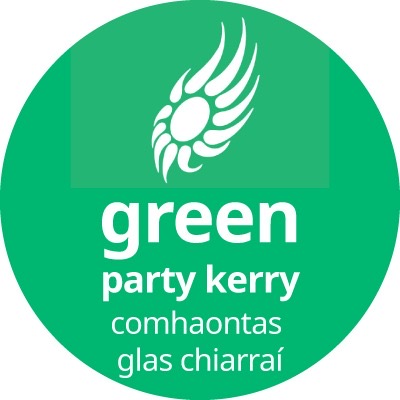
I haven’t blogged for a while. I’ve been adjusting to being in a party that’s in government. It’s a weird experience. The echo chamber that is my Twitter feed is suddenly a hostile environment. Though when I say hostile, I mean straight-white-left-of-centre-man-hostile i.e. slightly less idyllic. As I watch the government and my party suffer misstep after misstep, I have to remind myself I voted for this already dispiriting amalgam. I do not regret that decision. I’m just not enthused by the idea of having to wade through a few years of this nonsense to discover whether it was the right decision.
I joined the Greens, not for ideological reasons, but because they are the only party that takes the climate crisis seriously. My thinking was that the entire thrust of the party should be to make itself obsolete. Mainstreaming action to combat the climate crisis should be our entire agenda. Once achieved we no longer need to exist. Weirdly, the fact we’ve returned from electoral wipe-out to 12 TDs is a testament to our failure to make the climate crisis the greatest issue of our time. I still can’t get my head around that. How is the climate crisis not the number one issue animating our civilisation’s policy makers?
The thing I learned is, a lot of Greens also don’t see the environment as an ideological issue. Much the same way cancer isn’t ideological. But public policy responses to it is replete with ideology.
One’s chances of surviving cancer varies from health system to health system, socio-economic background to socio-economic background and from government to government. Being rich is currently the most effective treatment for cancer. The second best is living in a country with a well-developed public health system. And what is a well-developed public health system? It is a decision. That’s all it is. A decision. A decision to spend vast sums of our money to look after us. And it’s ideological. I wish it wasn’t, but it is. And it’s not perfect. Being rich is still better, but depending on what country you’re in, the difference isn’t always huge.
What I discovered in the Greens is the idea that while the climate crisis and the biodiversity crisis aren’t ideological, our responses to them absolutely have to be. We could ban all fossil fuels tomorrow and the impact would disproportionately fall on the poor. The planet would be saved, but for whom? Climate justice is about banning fossil fuels (sort of) but also about adjusting our society so the impact on the most vulnerable is at worst negligible and at best, life enhancing. You know, spending vast sums of our money to look after us.
And going into power with parties that don’t care about the environment, our society’s most vulnerable or anything beyond the next election really, is a gamble. And it’s counter-intuitive. And I understand why many further to the left have jumped ship. This small party has to both mainstream the climate and biodiversity crises, begin re-engineering some very entrenched lifestyle choices and protect the most vulnerable among us. Failure is inevitable. A strong government would struggle to achieve all that. A small part of an apparently incompetent government?
We are bound to fail. Thus, even when we are wiped out at the next election, we’ll be back at the election after that. That’s one of the reasons I have a fondness for the party; it’s unique disinterest in long term electoral success. It’s so bound up with the crisis that few others are concerned by, that it isn’t trapped in the electoral cycle.
So success or failure will not be judged by seats won or lost. When our time in this government ends, success or failure will be judged on whether we made ourselves a little bit less necessary or not.
My hope is that we manage to put enough things in place, the next government is obliged to take the climate crisis and climate justice seriously. That we’ll have put enough things in place that people aren’t so spooked by the idea of not spending so much time in their cars. Enough things done that my party faces both an identity and an existential crisis.
Anyway, this is very broad strokes thinking. And also, a tad imprecise. But I’m hoping to get into the habit of writing on different aspects of being a rural Green Party activist. Governments come and go, but it’s the unelected weirdos (activists) who get them there. And I think that’s interesting.
You can follow my political activism on my campaign Facebook page: Paul Bowler – Green Party Listowel



